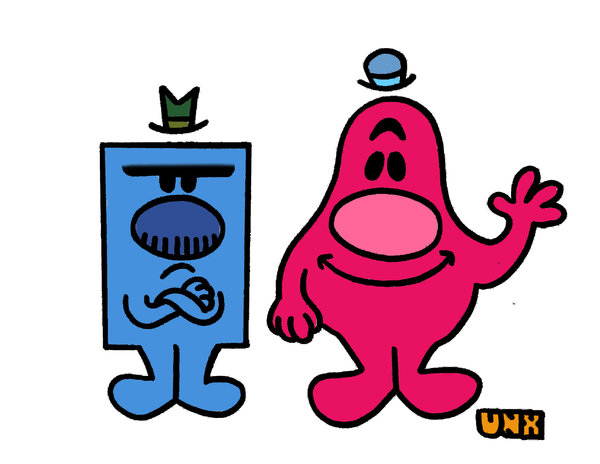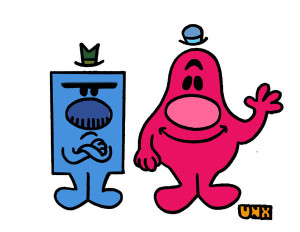
Being happy
- Chelle Walmsley
- 1
- Posted on
 I have just recovered from a leg infection. Everything about it was awful and traumatising. I feel guilty when I’m sick, like I haven’t done enough to stop the microscopic invaders breaching the natural barrier of my skin. When I am recuperating from the latest infection to attack my soft tissue and bloodstream, I have won a long and hard fought battle that has left me exhausted. I feel I am at war with my own body.
I have just recovered from a leg infection. Everything about it was awful and traumatising. I feel guilty when I’m sick, like I haven’t done enough to stop the microscopic invaders breaching the natural barrier of my skin. When I am recuperating from the latest infection to attack my soft tissue and bloodstream, I have won a long and hard fought battle that has left me exhausted. I feel I am at war with my own body.
As a person with chronic illness, the inelegance of self-help discourse with its self-satisfied proselytising makes me cringe. I have enough to deal with without having to answer to healthy people who have suggestions on how I could improve my failing health and make myself better. Though this ‘helpful’ advice comes from a good place, it denies a person agency over their own body. It can also cast a person in the constant role of patient, stripping a person of any identity other than that prescribed by their illness. That person probably already feels like their body is not completely their own, especially in the case of someone living with physical disabilities and chronic illness, especially if regular hospital admissions and invasive treatments are a part of their routine.
I would like to be allowed to say that having a disability that causes chronic illness and terrible pain really sucks sometimes, without the implication that I have somehow failed to live up to society’s expectations and that I need someone to ‘fix’ me. Being a member of a group already on the fringes, I am further marginalised by illness. Disability narratives tend to focus on those with impairments who are otherwise in good health. While the idea that a person with a physical disability is also sick does need to be challenged, I feel like I don’t fit the ideal of what a person with a disability is meant to be: a happy, healthy, well-adjusted individual who just happens to have a disability. In representing the interests of any group, there is always the risk that some people are going to feel left out, particularly when that group is so diverse. Buoyed by the example of the LGBTQ community, of which I am also a card carrying member, I am sure that in time a more nuanced view of disability will begin to emerge.
Happiness as a concept is notoriously difficult to pin down. Nobody really knows what it looks like for a start. In the 21st century, achieving a constant state of happiness has become an obsession. It represents a social ideal achieved through optimal health and hard work. Given the unrealistic expectations that people have for the health of their mind and body, the pursuit of happiness sometimes produces the exact opposite intended state. That health equals happiness is taken for granted in this age of self-help with its holistic approach to overall wellbeing. The irony here is that my inability to make myself well despite my best efforts has fostered, in me, a discordance. My body is not performing optimally and so I feel a mind/body disconnect. I have been angry at various parts of my body for making me sick and sore. I have, on occasion, been furious that my body is holding me back from living a normal life. I am better for it when I let go of the idea that I have to be happy and healthy all the time to live a good life.
Having to cope with physical disabilities that cause me pain, immobility and associated chronic illness sometimes makes me sad and angry and anxious. Happily though, it’s all a bit more complicated than that. I am not going to say I’m pleased I have spina bifida and to claim I am grateful for illness would be disingenuous. To say I am unhappy would also be a misrepresentation. I feel more content now than I have for years. Much of that is to do with no longer aspiring to the ideal of optimum health and happiness that has become so essential to the identity of every self respecting denizen of the 21st century.
Image from UnknownX from DeviantArt
If you want to support the Ruminator, please consider making a donation via Givealittle


An interesting read.
“In the 21st century, achieving a constant state of happiness has become an obsession. It represents a social ideal achieved through optimal health and hard work. Given the unrealistic expectations that people have for the health of their mind and body, the pursuit of happiness sometimes produces the exact opposite intended state. That health equals happiness is taken for granted…”
This is a really good point about this ridiculous ideal our society upholds about health, but for me it also invokes another response.
It surely isn’t possible to actually be constantly happy. How could you appreciate the sensation of being happy if you never had anything to contrast it to? Would it be so sweet if there weren’t pain to contrast it to at some point? Wouldn’t you simply normalise it, and wonder what ‘happy’ actually means? It can really only be relative to another state, defined by it’s opposite as much as what it actually is.